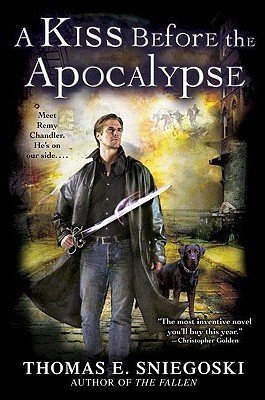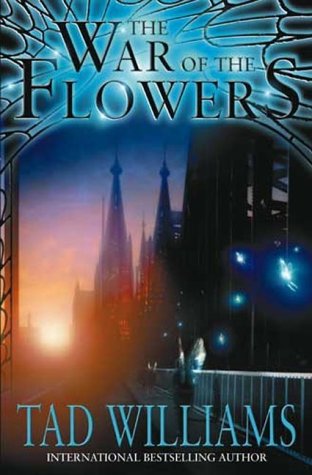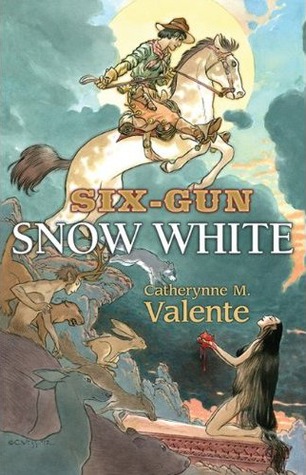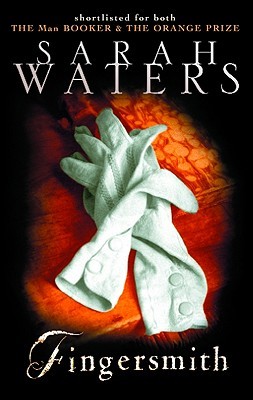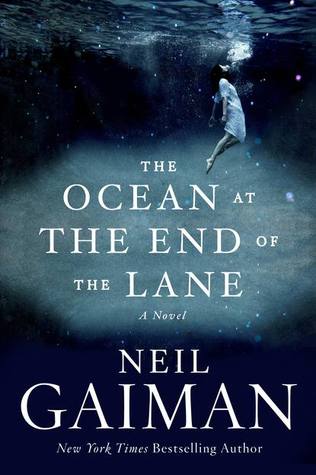 The Ocean at the End of the Lane, Neil Gaiman
The Ocean at the End of the Lane, Neil Gaiman
Originally reviewed 8th September, 2013
I don’t know how to review this. Skimming other people’s reviews there’s a lot of debate over whether it’s adult/young adult fiction (haven’t seen anyone advocating for “new adult”, or whatever the term is — that is one genre it certainly isn’t, even saying that as someone in my mid-twenties), or about the length. Or people just enthuse (or don’t). It’s certainly a very quick read. As for who it’s suitable for — there’s a quote somewhere in it about myths, about how they’re stories that just are. “I liked myths. They weren’t adult stories and they weren’t children’s stories. They were better than that. They just were.” That’s how this felt to me.
It certainly has points best appreciated by different audiences. I don’t know if Diana Wynne Jones was alive to read it in any form, but she would have been an ideal reader for it, I think. There’s something on the mythic level that would appeal to a child (at least one like the narrator, which I think I was — certainly you could say of me that “I lived in books more than I lived anywhere else”). And there’s an adult level, about memory, and forgetting, and nostalgia for childhood. Some of which I think Gaiman is very wise about. For example…:
I do not miss childhood, but I do miss the way I took pleasure in small things, even as greater things crumbled. I could not control the world I was in, could not walk away from the things or people or moments that hurt, but I took joy in the things that made me happy.
A lot of people think they miss childhood, but they’re looking back at a utopian fantasy. But here Gaiman’s narrator (which people to some extent seem to identify with him himself) is picking out something about childhood that we really do lose: the ability to live in the moment. Or at least, he gets nearer the heart of it than many people do.
Despite that, just as a story… I don’t know how much I enjoyed this. I suspect I’m the wrong age for it, in a way. I’m still a bookish kid at heart in enough ways that I appreciated the mythic aspects, but I think the adult aspects, the question of memory… I think that’ll be more meaningful when I’m older. If it helps to pin down my reaction, I will certainly read this again someday. Right now I do resonate with the brief image we get of the narrator at twenty-four, uncertain and unhappy, searching for reassurance.
The mythic aspect of Gaiman’s world is fascinating: ultimately unknowable, somehow, even as it focuses on mundane things like broken child’s toys and mending clothes. That leaves you with little to get hold of — and, as with many things about this book, I’m ambivalent about that, too.
Rating: 3/5

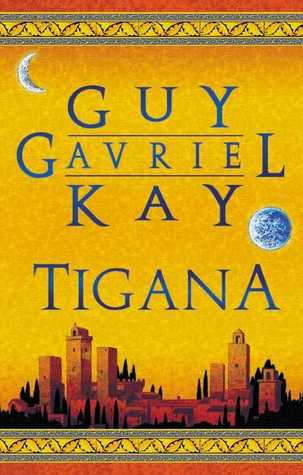 Tigana, Guy Gavriel Kay
Tigana, Guy Gavriel Kay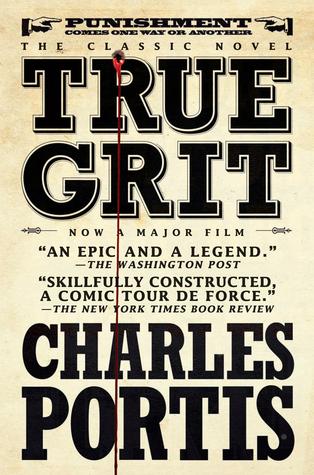
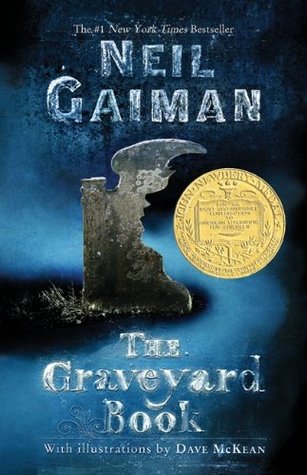
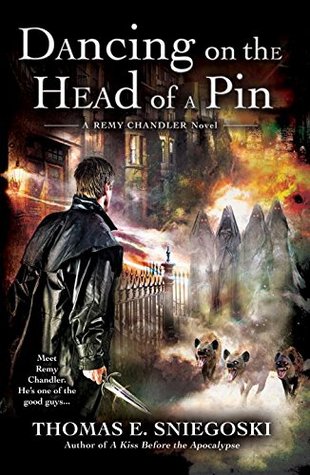 Dancing on the Head of a Pin, Thomas E. Sniegoski
Dancing on the Head of a Pin, Thomas E. Sniegoski